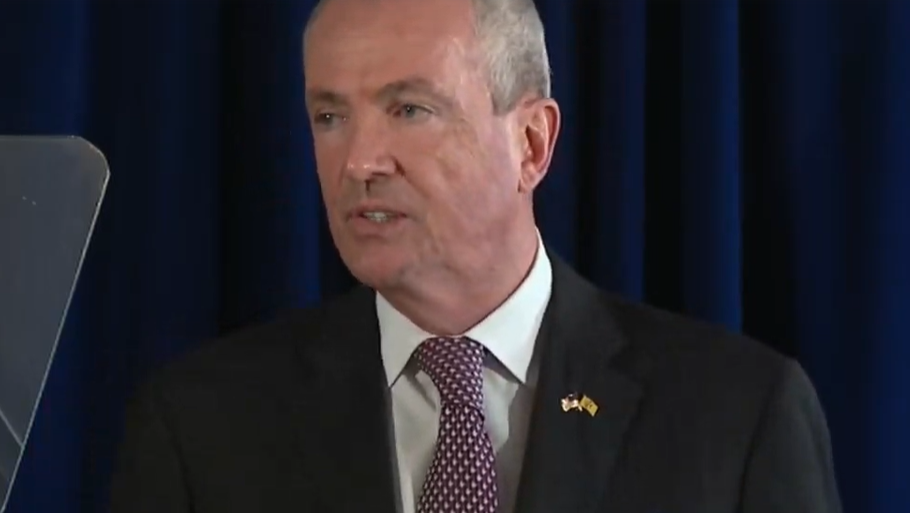Governor Murphy Releases Report on Employee Misclassification

ATLANTIC CITY – Governor Phil Murphy today released a comprehensive report from the Task Force on Employee Misclassification, vowing to intensify efforts to curtail the widespread and illegal practice of misclassifying workers as independent contractors instead of employees, which cheats some workers out of benefits and wages, hurts law-abiding business owners, and costs the state tens of millions of dollars a year in lost employment-related tax revenue.
The Governor has given the New Jersey Department of Labor and Workforce Development (NJDOL) new tools to help put an end to misclassification and noted that his administration has already acted on eight of the task force’s 16 recommendations.
Additionally, while addressing the New Jersey State Building & Construction Trades Council’s annual convention, the Governor announced his intent to sign a bill (A-108/S-2557) giving the NJDOL the power to issue stop-work orders whenever an initial work site investigation finds sufficient violations.
"Employee misclassification hurts hardworking New Jersey workers and prevents them from receiving the benefits and the pay they worked for and deserve,” said Governor Murphy. “We know that we cannot build a stronger and fairer economy without strong worker protections. Our Administration has made cracking down on misclassification a top priority, and we will continue to root out contractors who exploit and cheat workers.”
The Governor established the task force by Executive Order No. 25 in May 2018 in response to the widespread problem of employee misclassification. In an audit last year of one percent of New Jersey businesses, NJDOL found that 12,315 workers were misclassified, resulting in $462 million in underreported wages and $14 million in lost contributions to unemployment, disability, family leave and workforce programs, according to the report.
“Misclassifying workers as 1099 employees denies them benefits, robs the State Treasury of needed revenue, and makes it harder for law-abiding businesses to compete,” said Labor Commissioner Robert Asaro-Angelo. “I want to thank Governor Murphy for his leadership on this issue, which is critical to his vision for a stronger, fairer economy.”
Misclassification is especially prevalent in construction, janitorial services, home care, transportation, trucking and delivery services, and other labor-intensive, low-wage sectors.
Among the report’s recommendations are expanding interagency cooperation through coordinated enforcement, data sharing, and cooperation with neighboring states.
NJDOL already has in place a Memorandum of Understanding with the U.S. Department of Labor, enabling the two agencies to more easily share information and jointly develop misclassification cases. A similar Memorandum of Understanding among New Jersey, Pennsylvania, and Delaware was signed today. The reciprocal agreement maximizes the neighboring states’ enforcement efforts through referrals, data sharing, and joint investigations.
The task force held public forums in Newark, New Brunswick, and Atlantic City, where it heard from scores of employees, employers, subject-matter experts, and others impacted by misclassification. Their experiences and comments informed the task force’s report.
[pdf-embedder url="https://www.insidernj.com/wp-content/uploads/2019/07/Misclassification-Report-2019.pdf" title="Misclassification Report 2019"]





